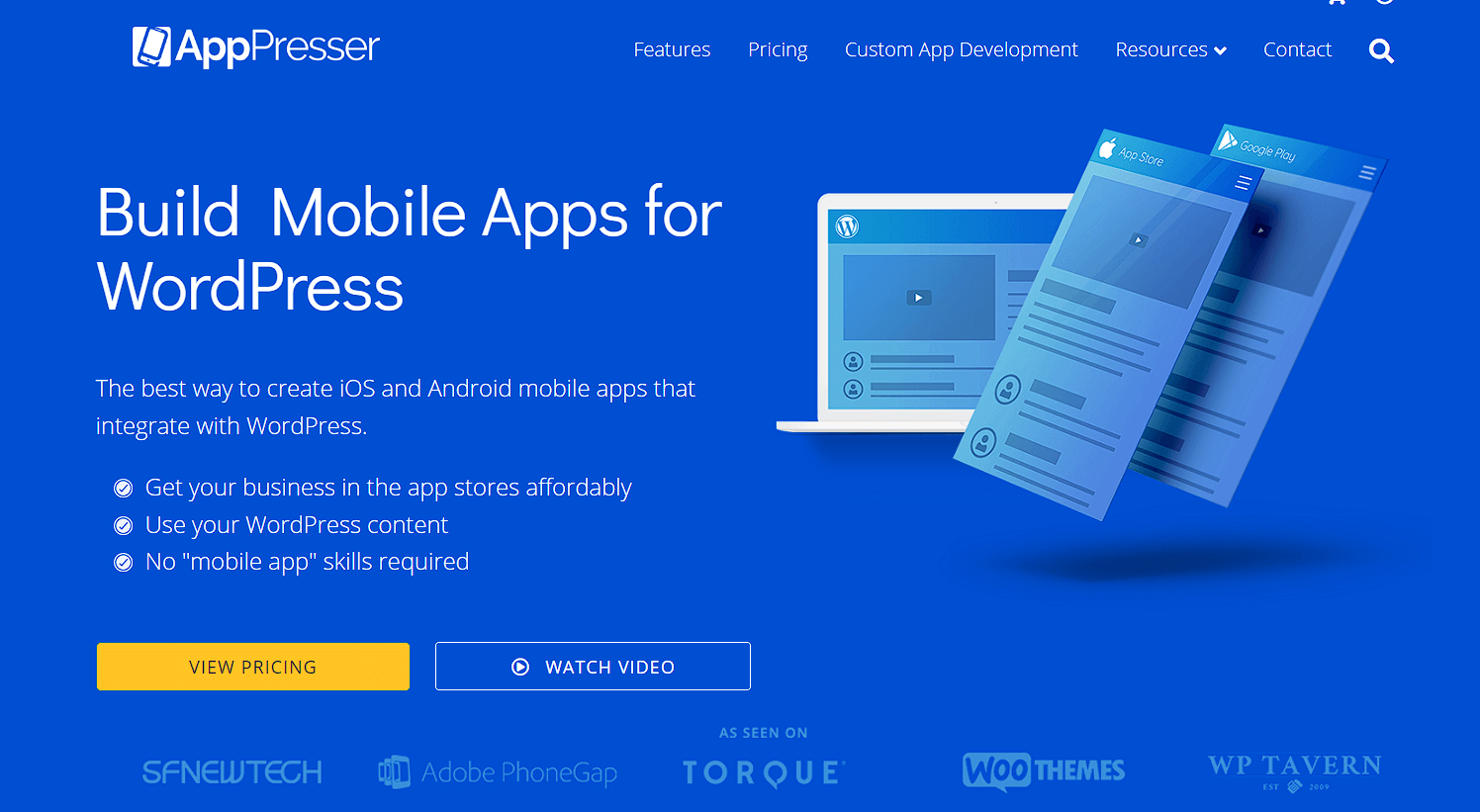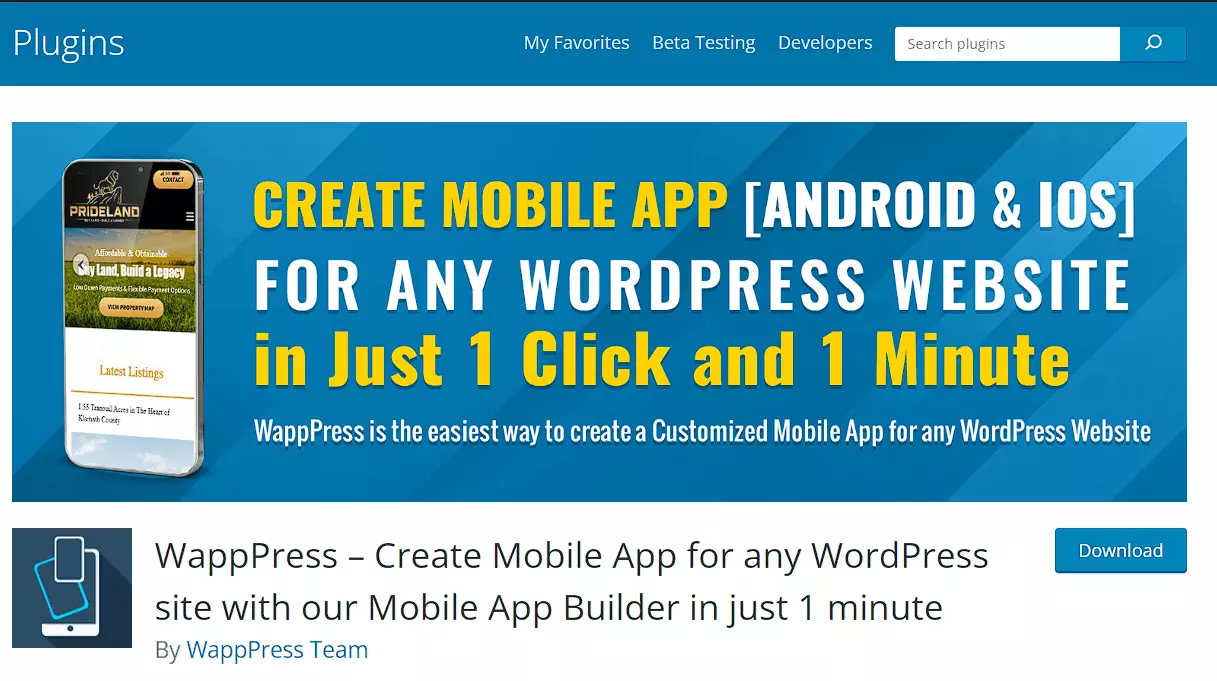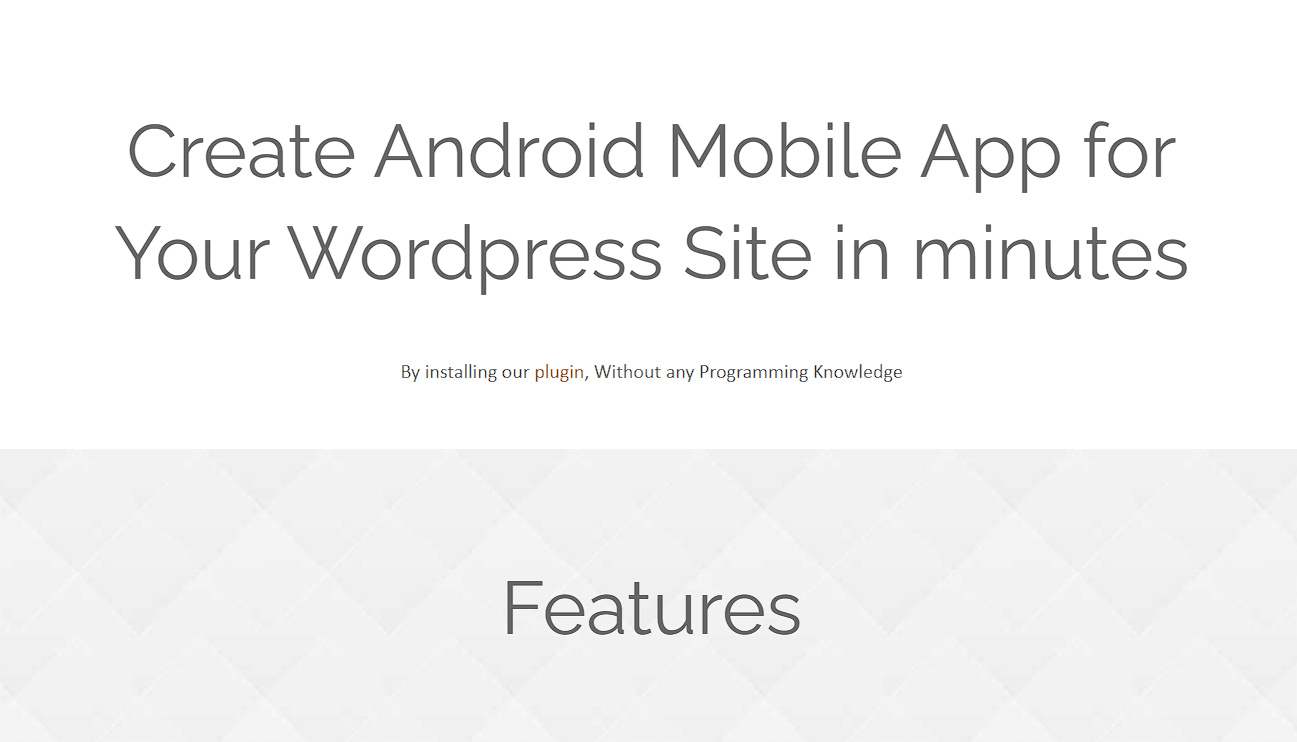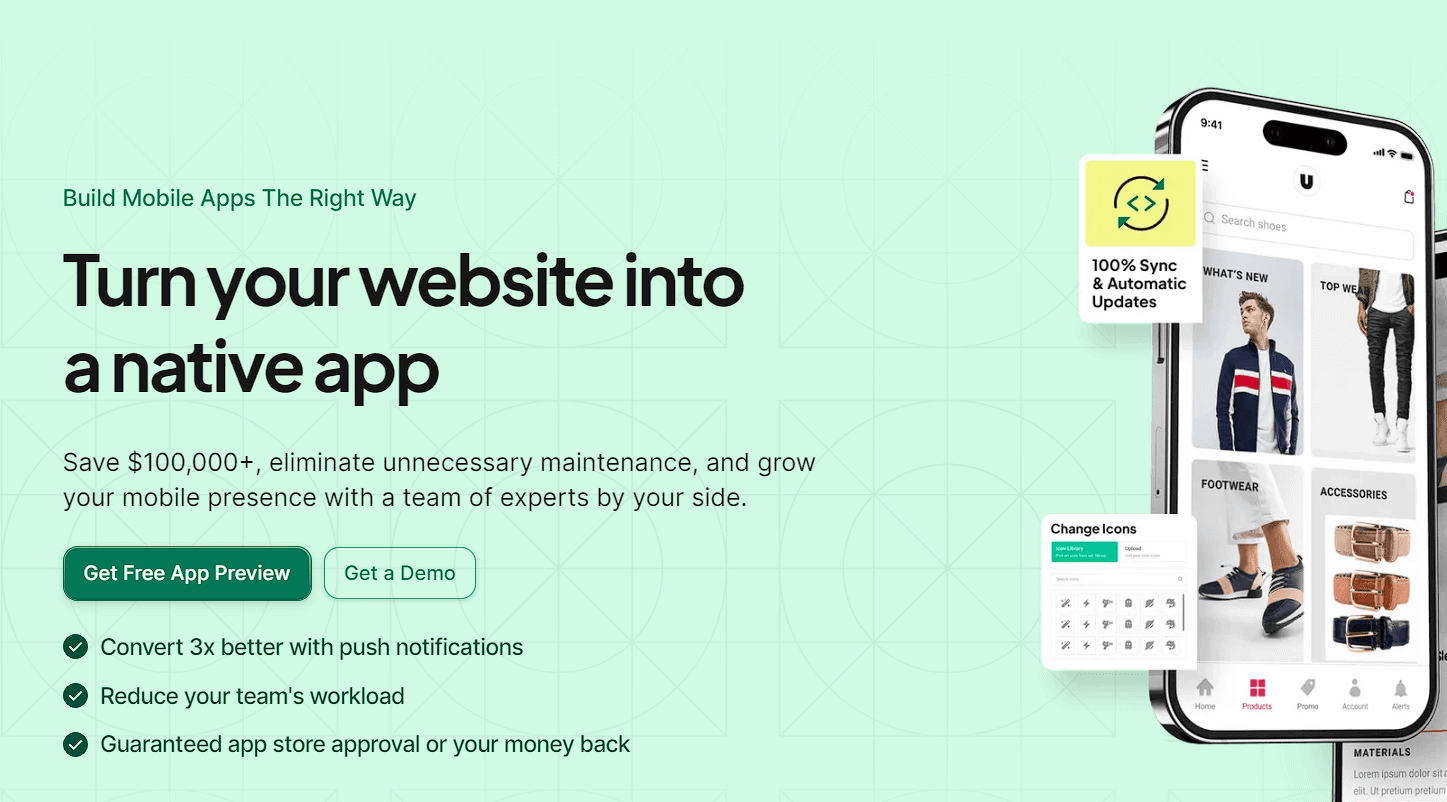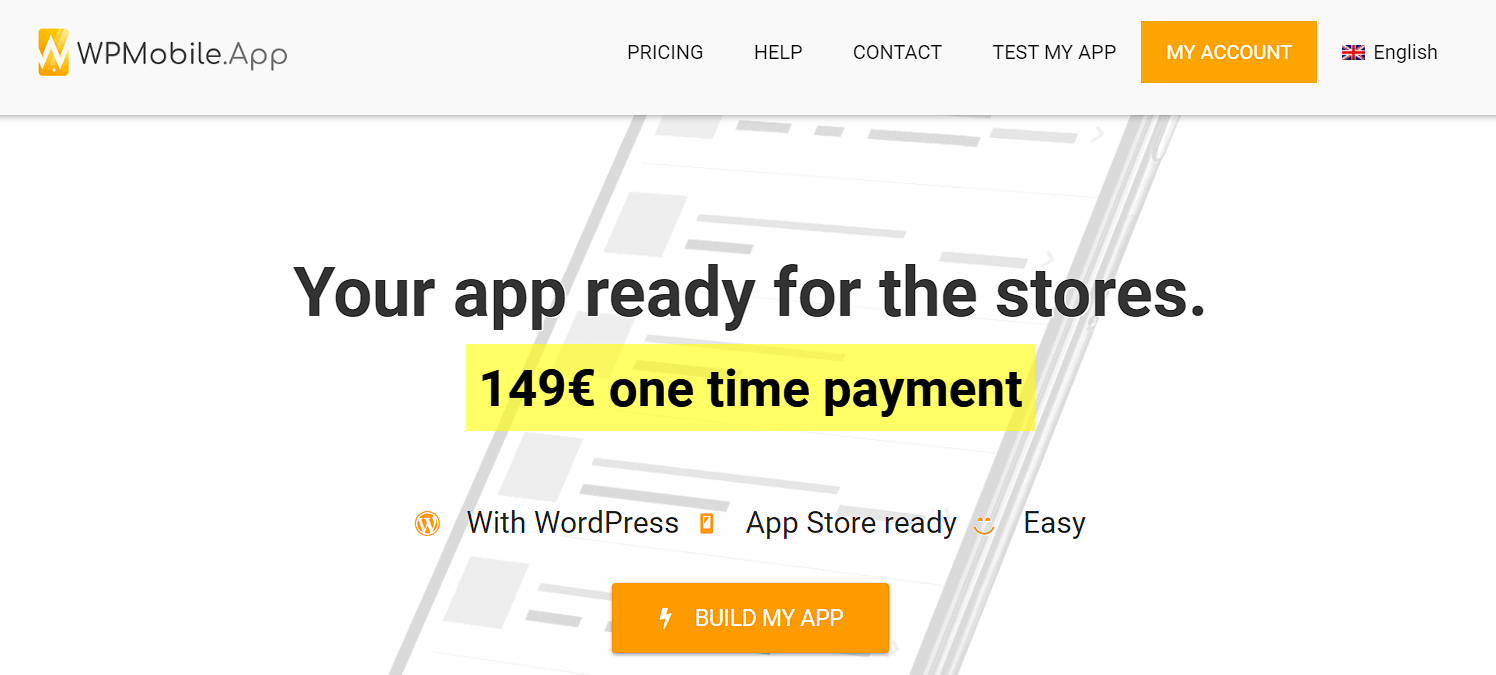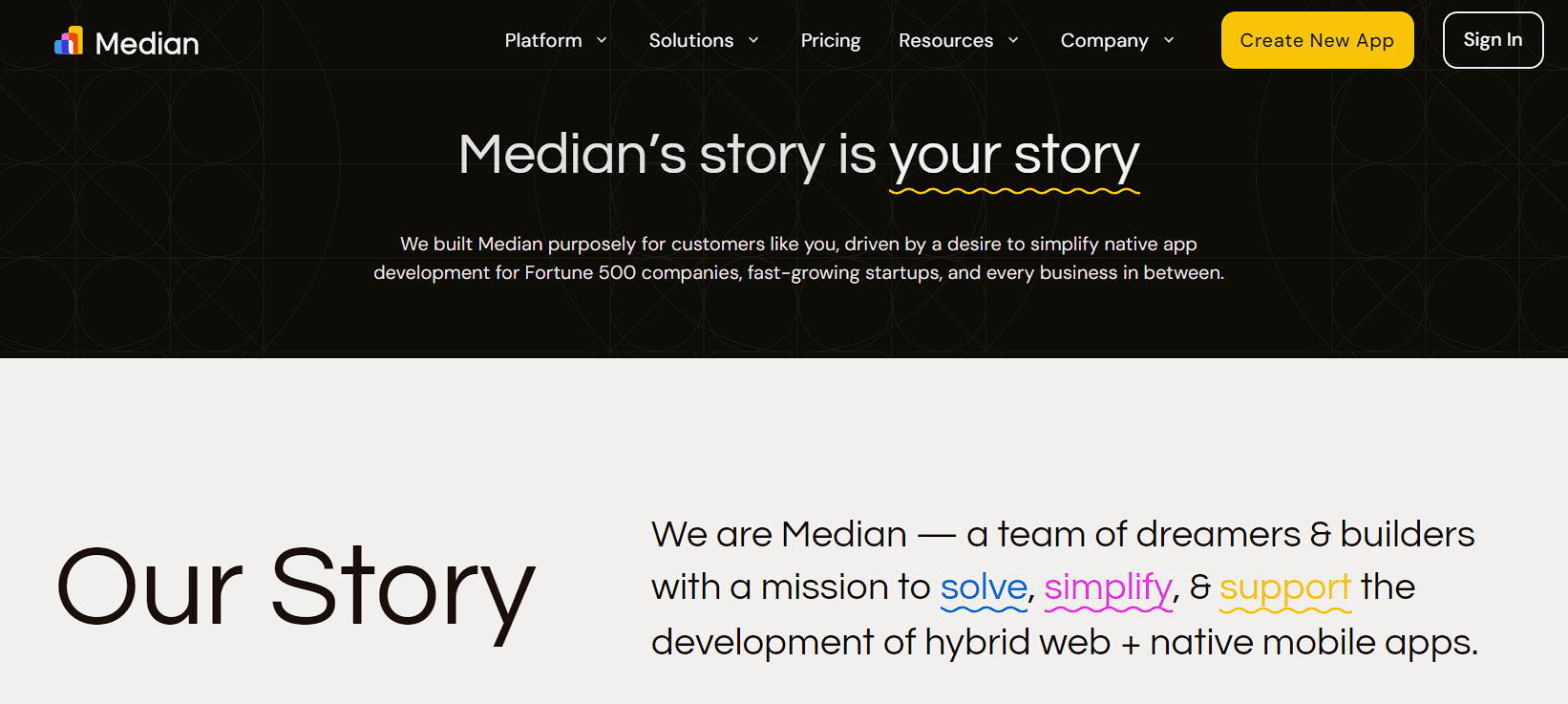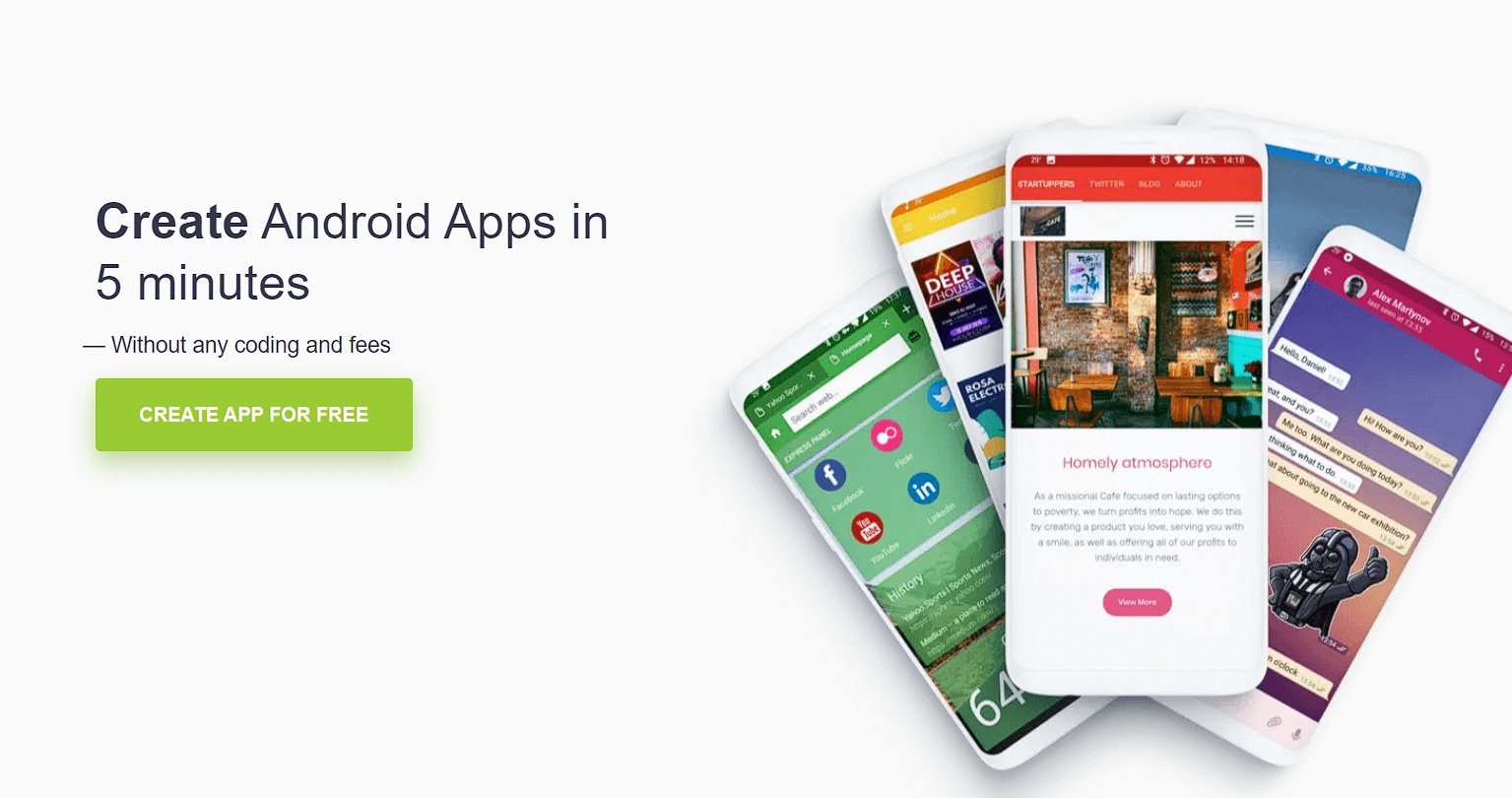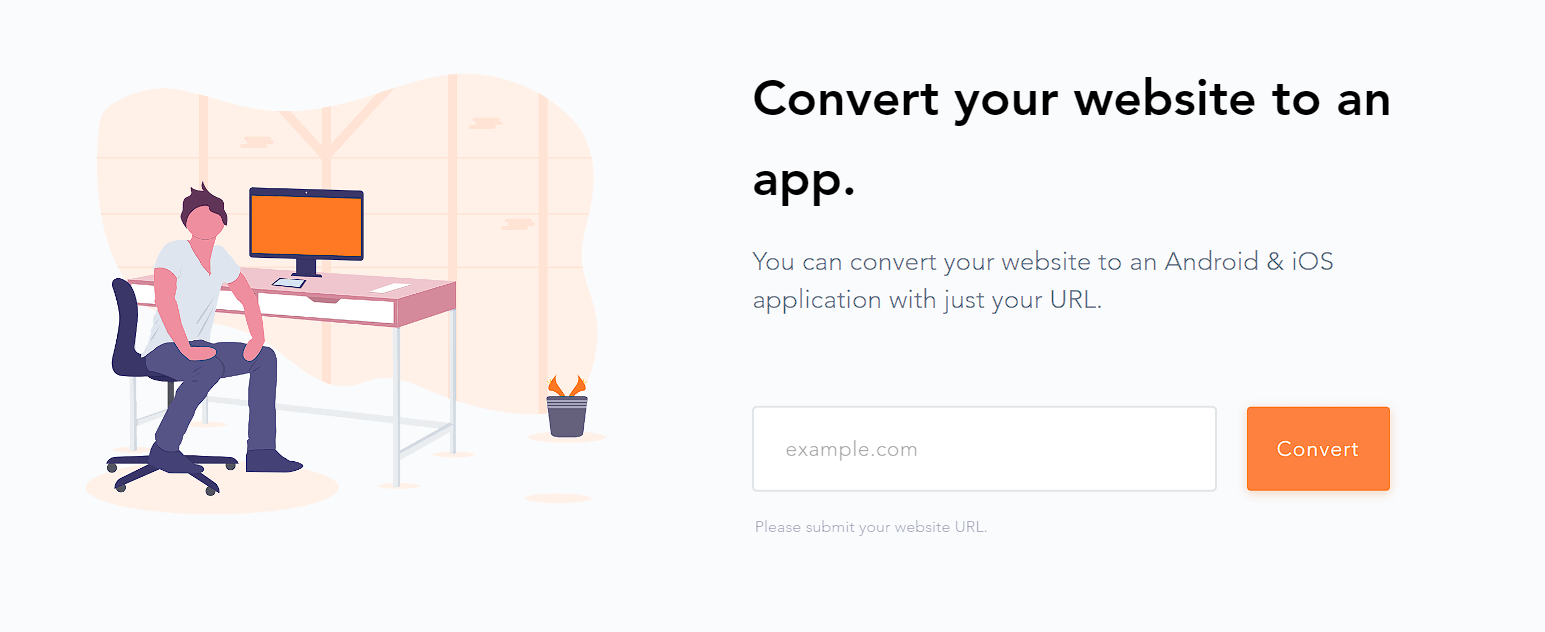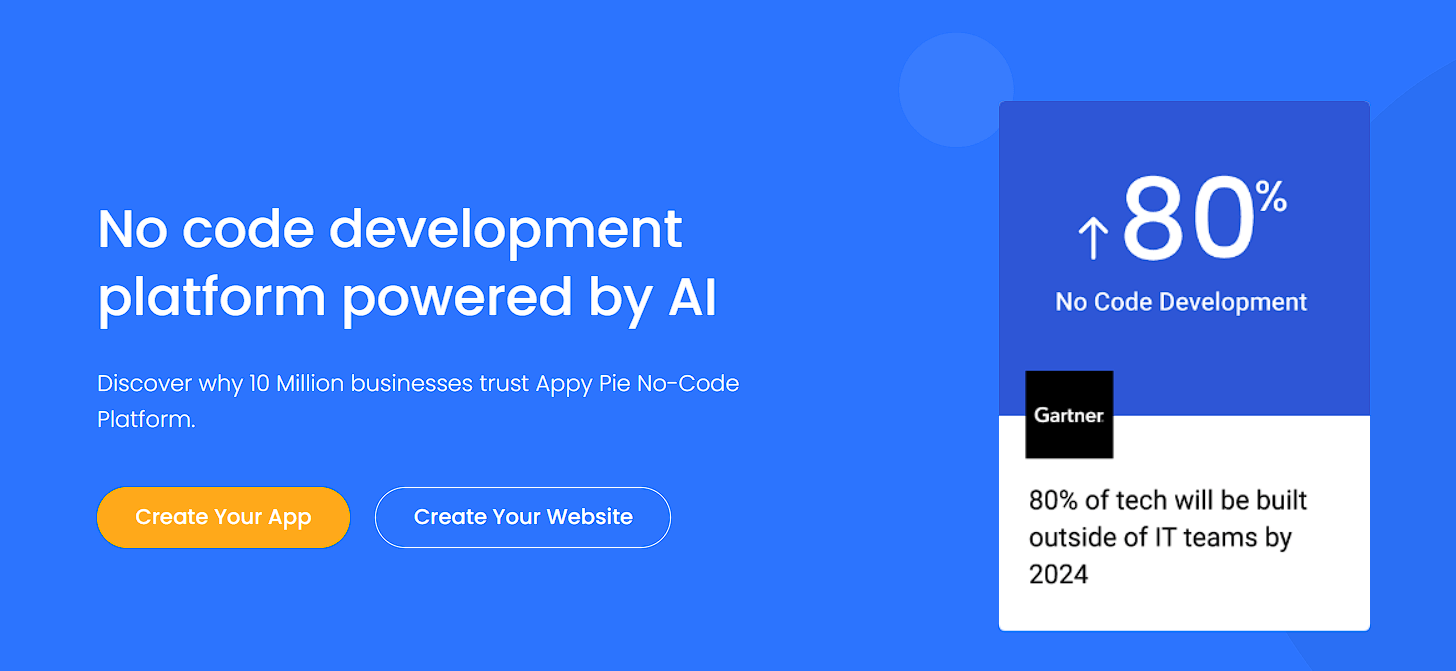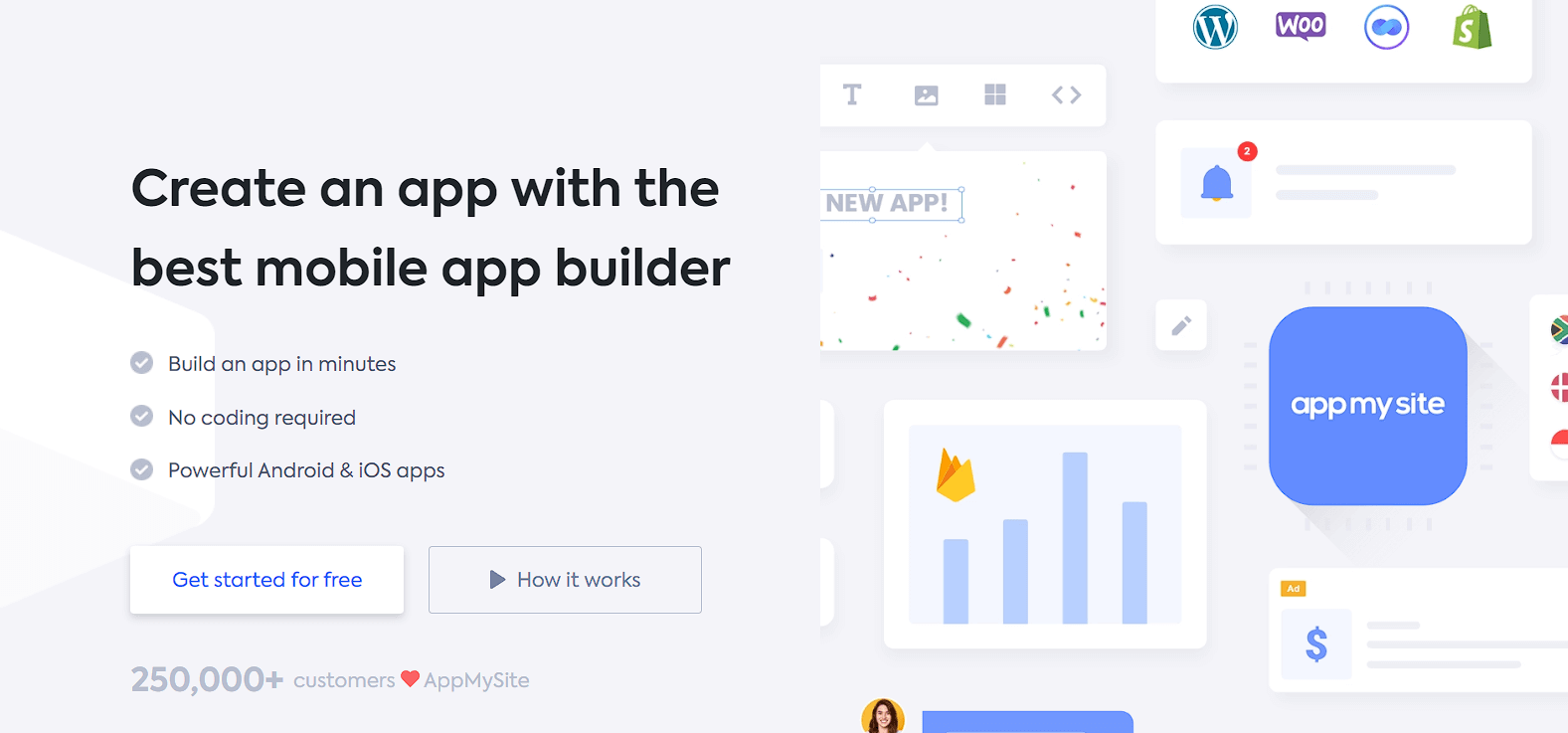How to Quickly Convert Your Website into a Mobile App
Estimated reading time: 4 minutes
Last updated on May 26th, 2024 at 07:45 am
Ever wished your favourite website had its own app?
Well, you can make that happen!
Converting your website into an app is like giving it a new, handy home on people’s phones.
Here’s the deal – people spend about 87% of their mobile time on apps.
So, having your site as an app means you’re tapping into a huge chunk of where people hang out on their phones.
Transforming Your Website into an App Made Easy
1. AppPresser
Think of AppPresser as a magic wand for turning websites into apps.
It’s used by more than 5,000 websites, making it a trusted choice.
With AppPresser, you can create custom features for your app without being a tech wizard.
Over 60% of mobile users prefer apps, so having one for your site can boost engagement.
2. WappPress
WappPress is like a bridge between your website and a mobile app.
With its user-friendly interface, you can convert your site into an app with just a few clicks.
Did you know that the number of mobile app downloads worldwide is expected to reach 358 billion by 2025?
Having an app with WappPress can tap into this growing trend.
3. Androapp
Imagine Androapp as a toolkit for making your website mobile-friendly in the form of an app.
It’s specifically designed for WordPress sites.
With Androapp, you can provide a seamless app experience for Android users.
Studies show that Android dominates the global mobile operating system market with a share of around 71.93%.
4. MobiLoud
MobiLoud is like a personalized app tailored for your website.
It’s known for creating native apps for both iOS and Android, ensuring a smooth user experience.
With MobiLoud, you can even enable push notifications, bringing users back to your content.
Over 3 billion people use smartphones globally, and MobiLoud helps you tap into this massive mobile audience.
5. WPMobile.App
WPMobile.App is your website’s passport to the app world.
It simplifies the process of converting WordPress websites into mobile apps.
Around 39% of all websites are powered by WordPress, making WPMobile.App a convenient choice for a large user base.
This tool helps you offer app-like convenience to your WordPress site visitors.
6. Median ( Previously Gonative)
Median, formerly known as Gonative, is like a chameleon for your website, adapting it into a mobile app seamlessly.
It’s known for its flexibility and customization options.
As of now, there are over 2.7 billion smartphone users worldwide.
Using Median allows you to reach this massive audience and offer them a tailored app experience.
7. AppsGeyser
AppsGeyser is like a DIY kit for turning your website into an app.
It’s user-friendly and lets you create apps without coding skills.
Over 3 million apps have been created using AppsGeyser.
It’s a go-to choice for those who want a simple and quick solution to enter the world of mobile apps.
8. Convertify
Convertify is your website’s makeover artist, transforming it into a sleek and functional app.
It offers customization options to match your brand’s look and feel.
In 2024, mobile apps are projected to generate over 935 billion U.S. dollars in revenue.
Convertify can help you tap into this lucrative market by giving your website a mobile app facelift.
9. Appy Pie
Appy Pie is like a virtual app chef, allowing you to cook up your app without any coding skills.
It’s known for its drag-and-drop interface, making app creation a breeze.
With over 7 million apps created, Appy Pie is a popular choice for businesses and individuals looking to join the app revolution.
10. AppMySite
AppMySite is like a personal app architect, creating tailor-made apps for your website.
It’s specifically designed for WordPress and WooCommerce sites.
Mobile apps are expected to generate over 935 billion U.S. dollars in revenue by 2024.
With AppMySite, you can position your website to grab a slice of this growing app market.
Conclusion
“I Recommend Appy Pie”
If you want to turn your website into a user-friendly app that’s easy to access and offers some cool benefits, I recommend using a service like Appy Pie.
They can help you make your website feel like a custom-made app, giving you and your visitors a smoother, faster, and more convenient experience.
It’s like turning your favourite website into an app, and with the right tool like Appy Pie, it’s pretty straightforward.
So, go ahead and give it a try!
